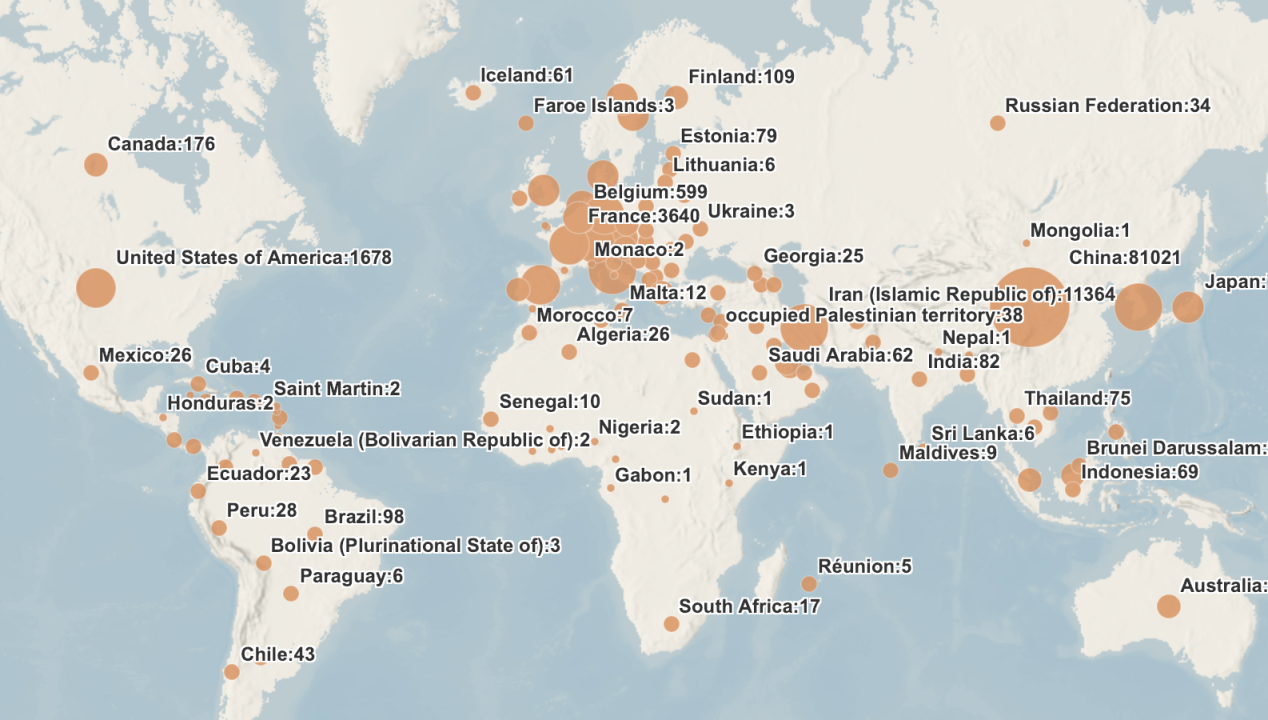We are not very good at it ….
Our world has become hyperconnected. The advantages are many. But it has made us vulnerable. The Covid19 virus is spreading with an unprecedented speed. This requires us to rethink the design of our societies.
Harari wrote that our progress is clear because humanity has conquered famine, war and disease. Maybe. But we are not very good at it. Here are some examples:
- When the Belgian government announced the closure of restaurants and bars, there were Lockdown parties. People gathered a last time to celebrate (?).
- People started to hamster and found themselves for hours in overcrowded stores.
- Because the stores in Belgium closed during the weekend, people went to neighbouring countries to shop there.
- Governments were reluctant to decide to go for lockdowns because they did not want to create panic or do damage to the economy.
People do what they do. Our biases, motivation patterns, personality make a cocktail of irrationality. We think that we have a better chance than others to escape disease. Not everyone is conscientious. And we have this unstoppable urge to huddle. That does not help.
Our unstoppable urge to huddle does not help.
But the inconsistent behaviour of individuals weakens the resilience of the community. We use the article by Norris, Stevens, Pfefferbaum , Wyche & Pfefferbaum (2008) as reference.
Resilient Communities
We knew we would have to face another pandemic. Ebola, Sars, Mers, AIDS, Mexican flu, … there have been outbreaks before. And Covid19 will not be the last. So we must learn faster, cooperate more and show more leadership.
A community is resilient when a set of adaptive capacities is linked to a positive trajectory of functioning and adaptation after a disturbance. Or plainly put, the community is able to respond effectively to a crisis. The response can either be through resistance. This means that the community can continue the way it functions without changing. The bigger the crisis, the less likely this is. The likely alternative is that a community starts to dysfunction. This is what is happening now with the covid19-crisis. A community that is resilient will change its ways to cope with the new situation. A community that is not resilient is vulnerable.
Norris e.a. (2008) see wellness as the indicator for community resilience. If a community is resilient , its population will be well. And to have this, communities need to respond rapidly, be robust, and have redundancies.
Redundancy, Robustness and Rapidity are the three main characteristics of resilience?
The authors argue that community resilience depends on networked adaptive capacities: social capital, economic development, information and communication and community competence.
(model taken from the article by Norris e.a.)
This model, taken from the 2008 article provides a checklist we can use to evaluate the community response to crisis. And it may help us to prepare for future disasters.
Learning from this
President Trump blamed Europe for its handling of the corona crisis. Governments are indeed first reluctant to take severe measures, unlike China. This is a weak call and not helpful. But he is right when he says that politicians have been reluctant.
Lock-downs are unpopular and politicians are afraid to take measures that hurt the population (elections, right?). The lack of political leadership reduces the community resilience. Also the fact that the population is not prepared for this and minimises the risks, is a problem.
As the world is fighting the covid19-crisis, we will have to develop capabilities that make us more resilient. With a next outbreak, an emergency plan must be ready and people must know what to do. Instead of throwing parties, they’d better stay home and wait. Their behaviour exposes a vulnerability of our society.
Examples? Singapore.
Let’s make sure that we can handle the next outbreak better on a global scale. Leadership and international collaboration are at least 2 capabilities that I would select to improve.
Leadership and international collaboration are at least 2 capabilities that I would select to improve.
David Ducheyne is founder of the consultancy house Otolith. He has an interest in (organizational) resilience as one of the main capabilities for organizations to survive. If organizations want to be future-proof they need to build their resilience. But the same is valid for larger communities and whole societies.


